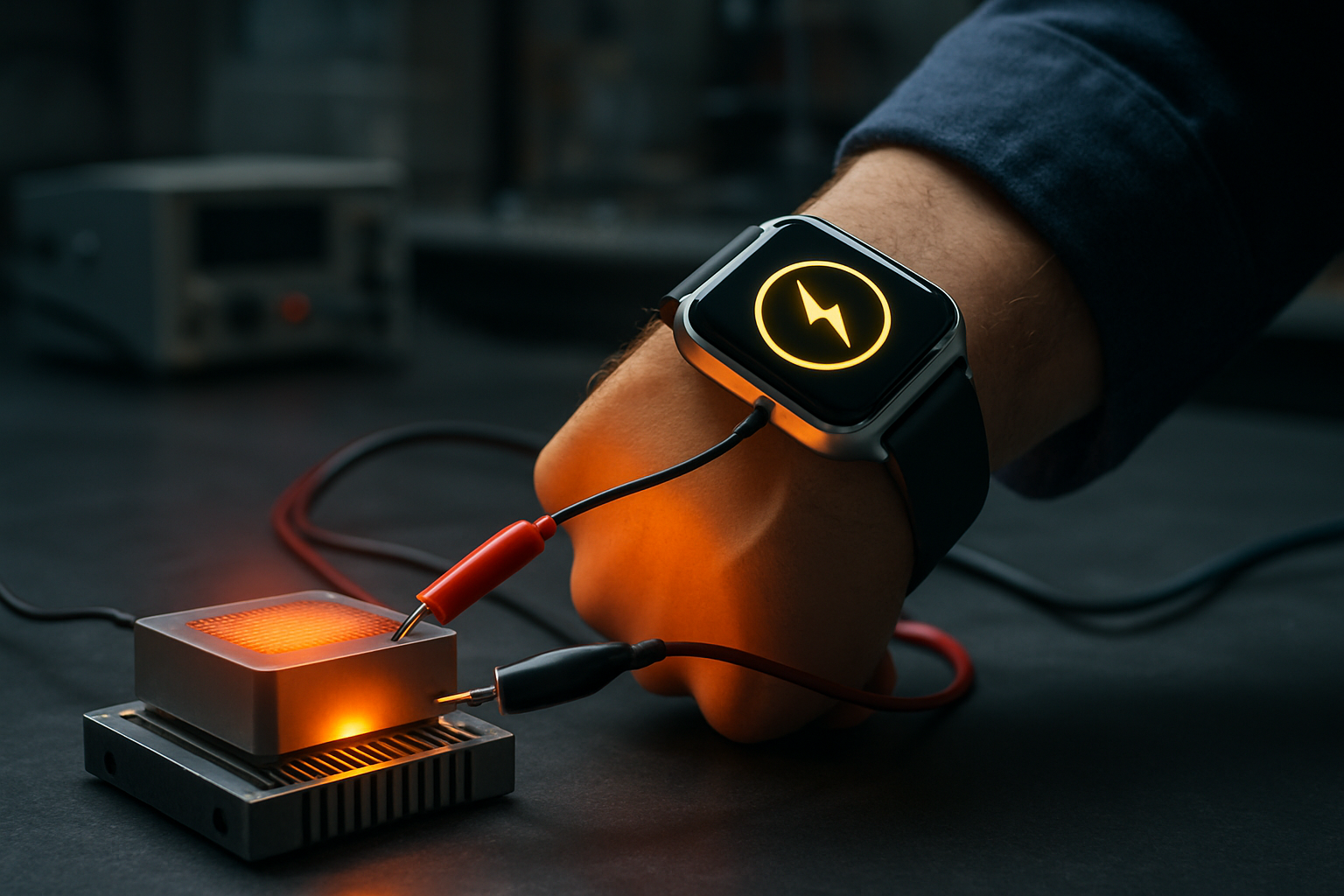Chronobiology: Aligning Your Life with Your Internal Clock
How often have you felt out of sync with your daily routine? Imagine a world where your sleep, meals, and activities perfectly align with your body's natural rhythms. Welcome to the fascinating realm of chronobiology, where science meets the intricate dance of our internal clocks.

The Science Behind Our Internal Clocks
Chronobiology, the study of biological rhythms and their synchronization with environmental cues, has roots dating back to the 18th century. However, it wasn’t until the 1960s that researchers identified the suprachiasmatic nucleus (SCN) in the brain as our central pacemaker. This tiny region, no larger than a grain of rice, coordinates our circadian rhythms – the roughly 24-hour cycles that regulate our sleep-wake patterns, hormone release, and numerous other physiological processes.
Our internal clocks are influenced by external cues called zeitgebers, with light being the most powerful. The advent of artificial lighting and modern lifestyles has disrupted our natural rhythms, leading to what chronobiologists term circadian misalignment. This misalignment has been linked to a host of health issues, including sleep disorders, metabolic dysfunction, and even increased cancer risk.
Chronotypes: Are You a Lion, Bear, Wolf, or Dolphin?
Recent advances in chronobiology have revealed that not all internal clocks tick to the same beat. Researchers have identified distinct chronotypes – individual differences in circadian rhythms that influence our optimal times for sleep, productivity, and various activities. While the traditional classification of morning larks and night owls is well-known, a more nuanced approach categorizes individuals into four chronotypes:
-
Lions: Early risers who are most productive in the morning
-
Bears: Those who follow the solar cycle and perform best during daylight hours
-
Wolves: Night owls who hit their stride in the evening
-
Dolphins: Light sleepers with irregular sleep patterns
Understanding your chronotype can be a game-changer in optimizing your daily schedule for peak performance and well-being.
Chrono-Nutrition: Eating in Sync with Your Body Clock
One of the most exciting applications of chronobiology is in the field of nutrition. Chrono-nutrition explores how the timing of meals impacts our metabolism and overall health. Research has shown that our bodies process nutrients differently depending on the time of day, thanks to circadian variations in enzyme activity, hormone levels, and gut microbiome composition.
For instance, insulin sensitivity is typically highest in the morning, suggesting that consuming larger meals earlier in the day may be beneficial for metabolic health. Similarly, eating in alignment with our circadian rhythms has been associated with improved weight management, better blood sugar control, and reduced risk of cardiovascular disease.
Chronotherapy: Timing Medical Treatments for Maximum Effect
The concept of chronotherapy – timing medical treatments to align with the body’s circadian rhythms – is gaining traction in the medical community. Studies have shown that the efficacy and side effects of many medications can vary depending on when they are administered.
For example, research has found that taking blood pressure medication at night, rather than in the morning, can significantly improve blood pressure control and reduce the risk of cardiovascular events. Similarly, timing chemotherapy treatments to coincide with the body’s natural rhythms has shown promise in enhancing efficacy while minimizing side effects.
Practical Applications: Aligning Your Life with Your Internal Clock
Incorporating chronobiological principles into your daily life doesn’t require drastic changes. Here are some practical strategies to help you synchronize with your internal rhythm:
-
Maintain consistent sleep and wake times, even on weekends
-
Expose yourself to natural light early in the day to reinforce your circadian rhythm
-
Time your meals to align with your body’s metabolic peaks
-
Schedule demanding tasks during your chronotype’s peak performance hours
-
Create a sleep-friendly environment by minimizing artificial light exposure in the evening
Chrono-Wisdom: Timely Tips for Better Living
-
Morning light exposure can help reset your circadian clock and improve sleep quality
-
The body’s core temperature dips about two hours before your natural bedtime, signaling the ideal time to sleep
-
Caffeine has a half-life of about 5-6 hours, so avoiding it after 2 PM can improve sleep quality
-
Exercise timing matters: morning workouts may be best for weight loss, while evening exercise can enhance performance
-
Your taste buds are most sensitive in the evening, which may explain late-night snacking urges
As we continue to unravel the mysteries of our internal clocks, the potential for chronobiology to transform our approach to health and wellness is immense. By aligning our daily routines with our body’s natural rhythms, we can unlock new levels of vitality, productivity, and well-being. The key lies in listening to the subtle ticking of our internal timepieces and harmonizing our lives accordingly. In doing so, we may find ourselves not just living, but thriving in perfect rhythm with the beat of our own biological drums.





